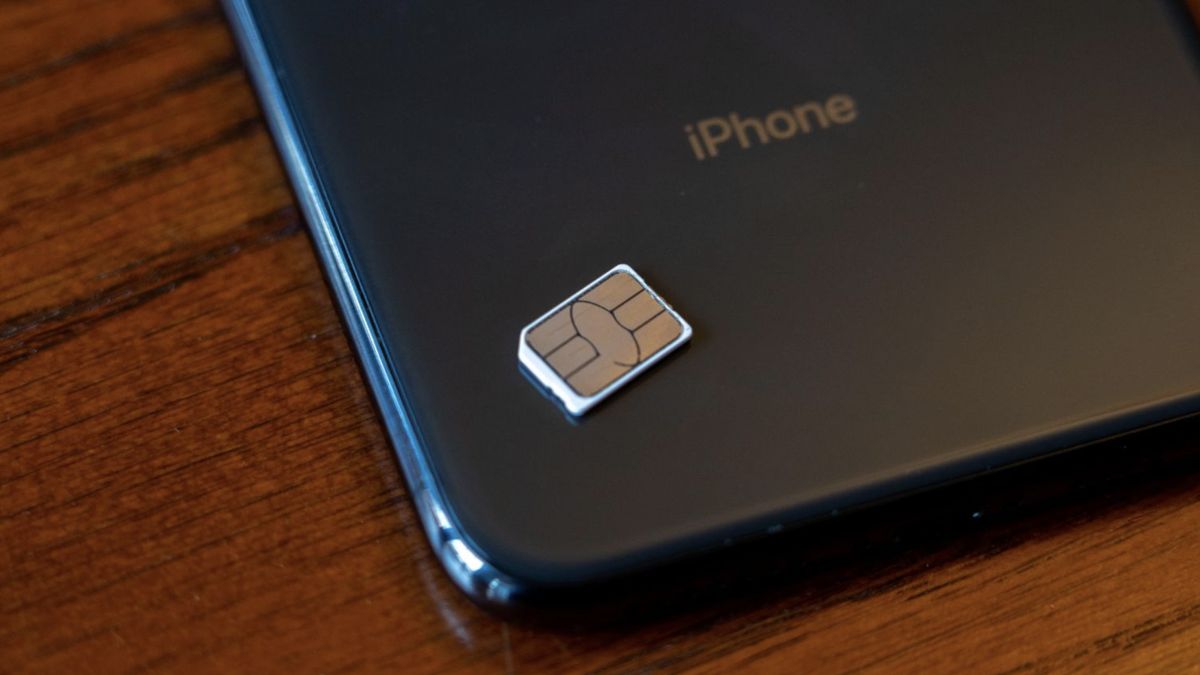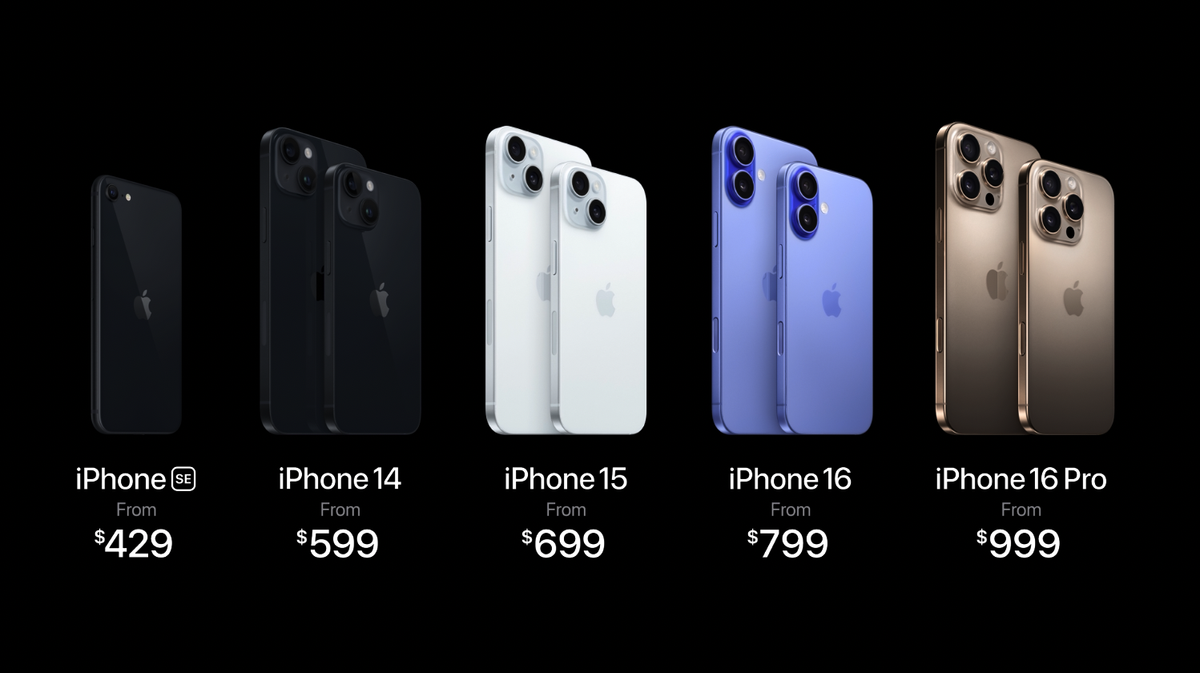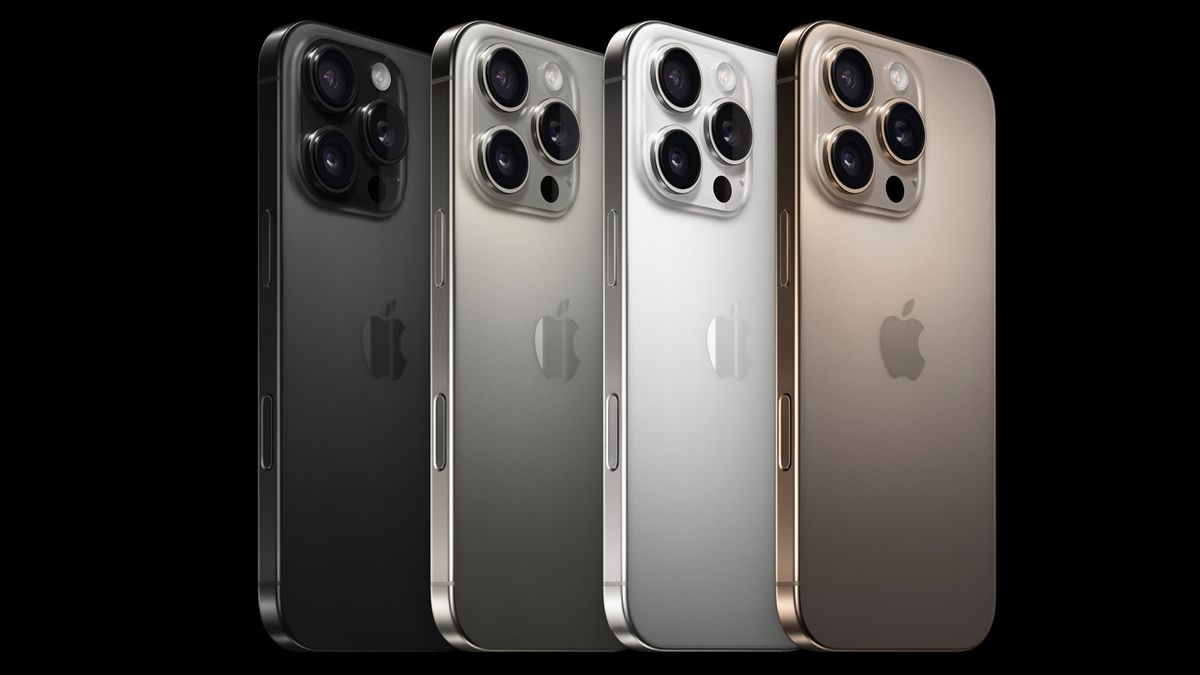If you’re buying a new iPhone 16 model in the US, it’ll come without a SIM card tray, and you’ll need to switch to an eSIM – as is the new Apple norm. But if you’re picking one up anywhere else, you’ll still get a device with the tray.
Ever since the iPhone 14, Apple has been nudging the US toward a SIM-free existence. The latest best iPhone doesn’t come with a SIM card tray, but that isn’t the case anywhere else. In fact, the US iPhone 16 models have different model numbers, indicating that they’re the odd ones out. It still seems weird, as eSIMs are used all over the world. I’ve been using an eSIM since 2020 in the UK, even on devices with a SIM card tray.
But the SIM card tray isn’t the only difference to US and non-US iPhone 16s. All iPhone 16 models outside of the US lack support for 5G mmWave. This tech promises blistering download speeds, but only if you’re standing on top of a 5G tower in the middle of an open field. 5G mmWave has been a mixed bag, so this isn’t a particular loss for anyone. But, it still seems odd for Apple to continue to only add it to US iPhone models.
eSIMs are still supported
While it sounds inconvenient at face value, removing the SIM card tray and switching to eSIM can actually be highly beneficial to iPhone users. Notably, you can use up to eight eSIMs on your device, so you can have multiple numbers and networks support on one device. This is particularly useful if you travel frequently to different countries, or you are Walter White. You can swap your number and network without removing your SIM card, and gone are the days of losing that pesky SIM pin you need to pop the tray open.
Removing the SIM card tray also makes manufacturing the iPhone easier for Apple, saving time and money, and it’s one less port for water and dust ingress, keeping your iPhone’s internals safer and sounder.
Fortunately, you can still use eSIMs on any recent iPhone model with a SIM tray. So, you’ve got the option to go fully digital if you wish.



